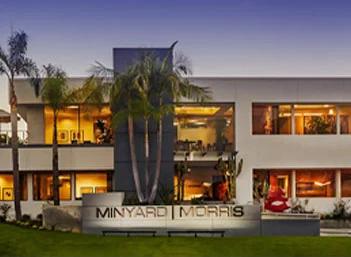Cases In Which A Pendente Lite Child Support Order is Made are Exempt From the “Five-Year” Rule
Mother and Father had a child. Father was not in the picture. After years of Mother receiving welfare payments, the Orange County family law court entered a child support ordering Father to make monthly payments to her, and to reimburse for the welfare payments. Father made no payments, nor did Orange County take action to enforce the judgment. About eleven years later the court lowered Father’s payments. Because he never made any of the monthly payments, his later application to get a driver’s license was denied. He sought review of that denial. He simultaneously filed a motion to dismiss the county’s reimbursement action, because Orange County did not bring the matter to trial within five years. The Orange County family law court dismissed the action because more than five years had passed since the case commenced. Orange County appealed.
Does the “five-year” rule apply to pendente lite child support orders? The answer turns on reading the relevant statute as a whole to determine the legislature’s intent. The Code of Civil Procedure 583.310 and 583.360 establish a five-year rule that requires an action be brought to trial within five years after it is commenced against the defendant. If the action is not brought in the requisite amount of time the Orange County family law court must dismiss the case. However, there are statutory exemptions to the five-year rule. An express exemption exists for pendente lite child support orders, or temporary child support orders issued while a divorce action is pending but not yet resolved. However, there seems to be no express exemption for child support arising outside of divorce proceedings. Thus at first glance the existing exemption for child support appears very narrow because it does not seem to apply outside of divorce cases.
The Court found a solution in the California Family Code, sections 3600 and 3601. Section 3600 authorizes a family law court to issue a child support order while a divorce case is pending, and section 3601 states that such an order continues until either the family law court terminates it or it terminates by operation of law via the Family Code. The Court explains that differentiating between a pendente lite order and an order issued within a divorce case is not practical. In support of that explanation the Court cites the legislature’s general intent toward child support cases. For example, the legislature removed a renewal requirement for child support orders after ten years, so that the district attorneys’ offices would have an easier time in child support collection cases. Given the removal legislation, it would be illogical to construe section 3601 as the legislature adopting a “policy of relaxed indifference” toward allowing time to pass and expire on child support collection cases. The legislature exempted pendente lite orders from the five-year rule, and in doing so it necessarily exempted cases containing pendente lite orders. In reading section 3601 as a whole, the Court found that there was an express exemption to the five-year rule that includes any case in which a pendente lite order is issued. Thus the Orange County family law court made an error in reading section 3601 and dismissing Orange County’s case.
County of Orange v. Quinn (2002) 97 Cal.App.4th 956




